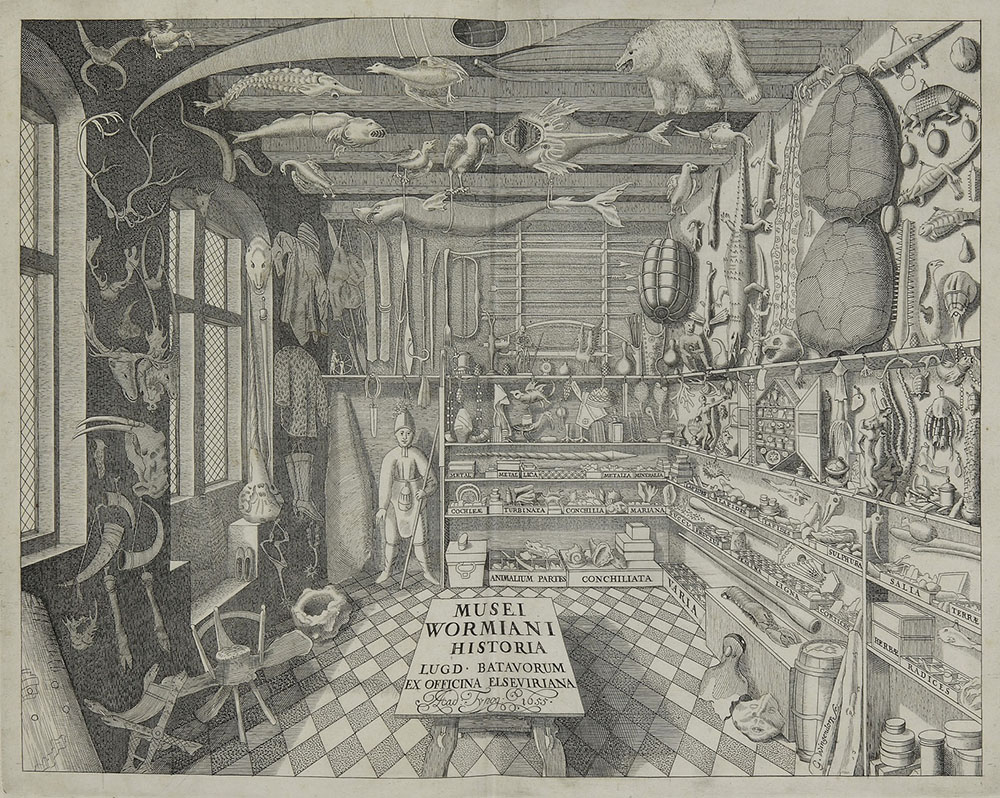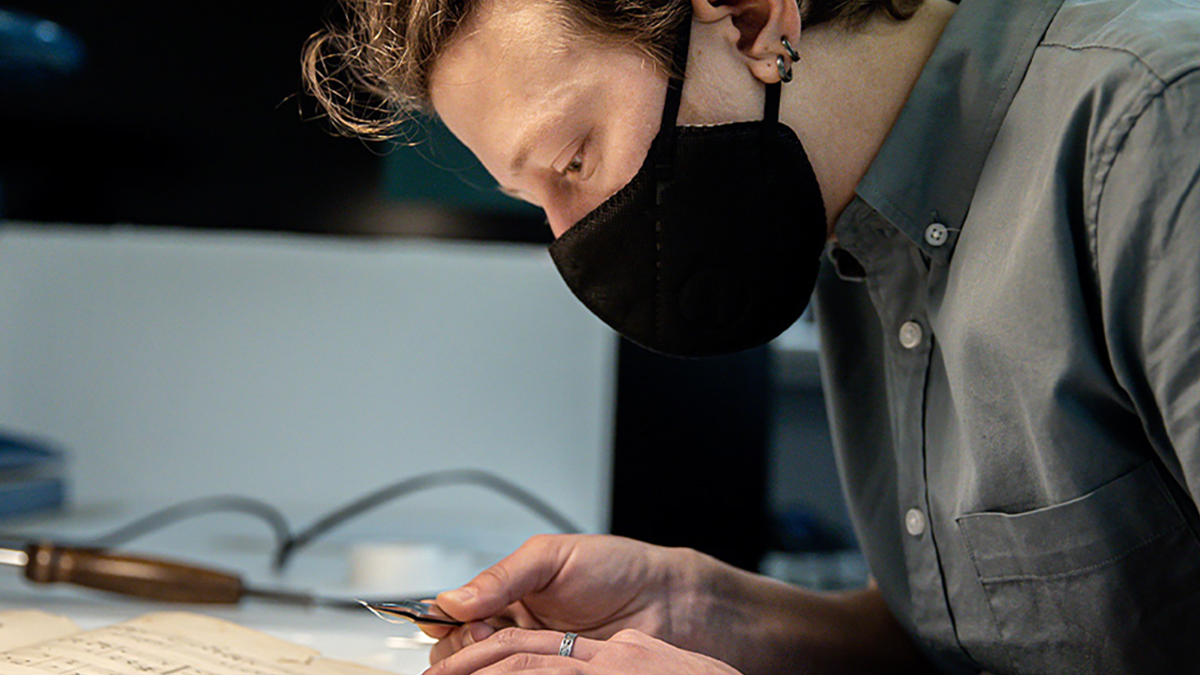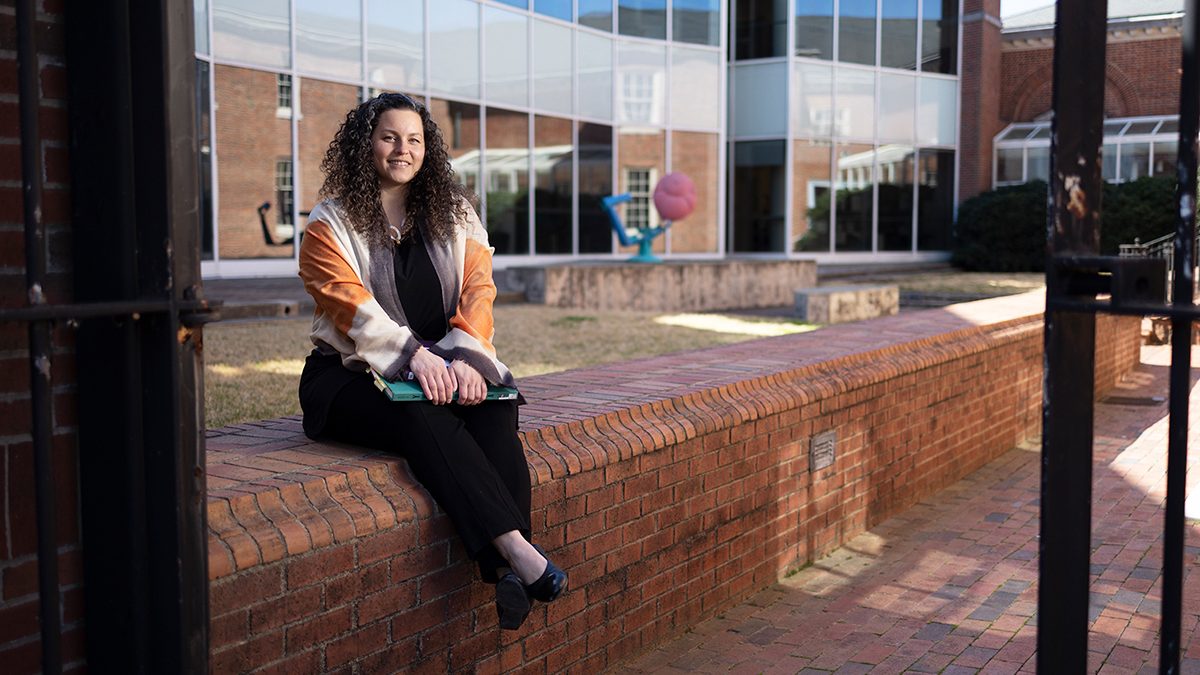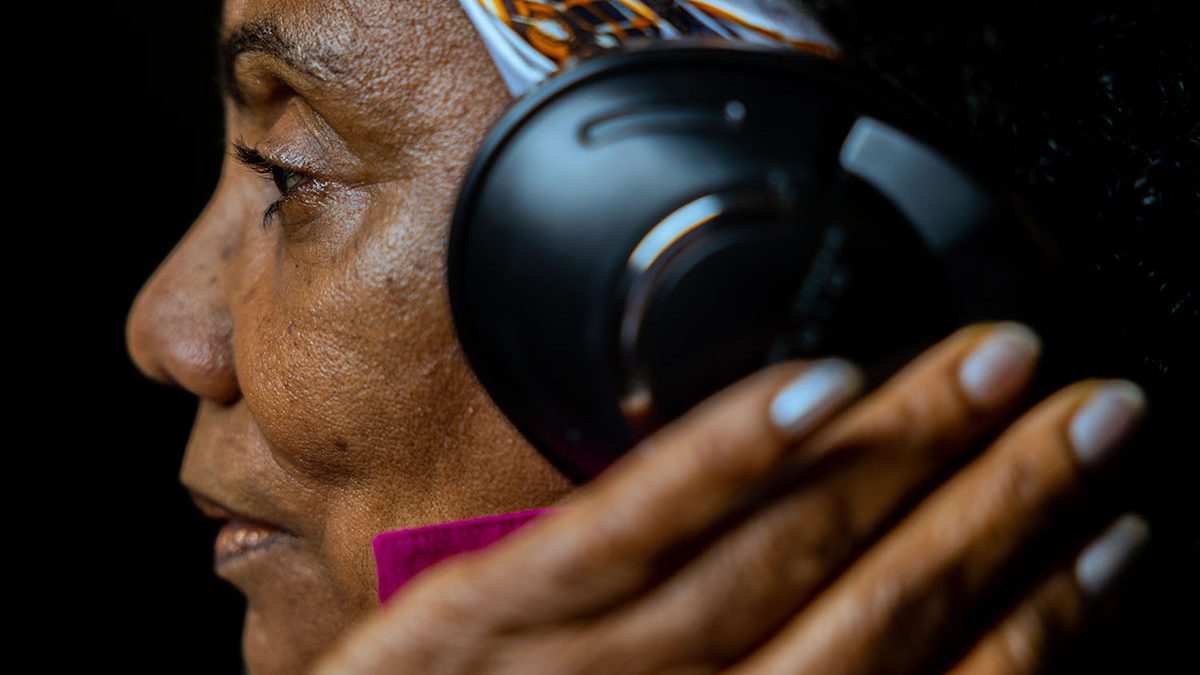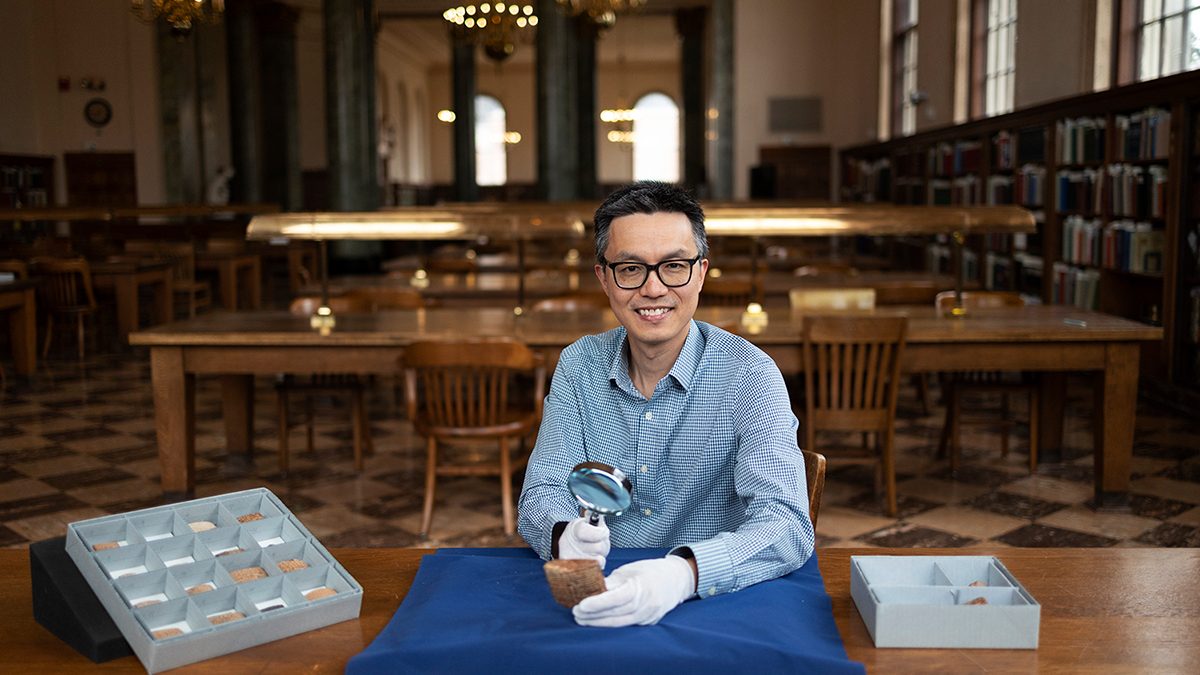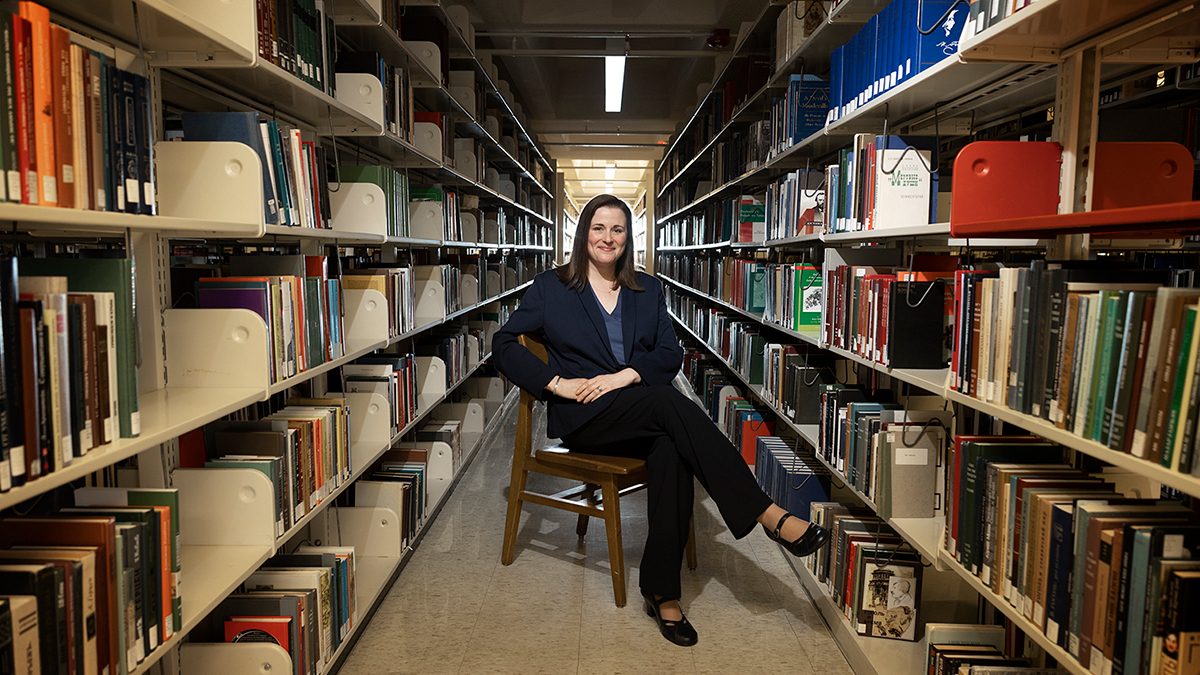The gift of wonder: Rare book collection coming to Carolina
Published on June 25, 2020Rare book collection worth $6.2 million donated to the University Libraries
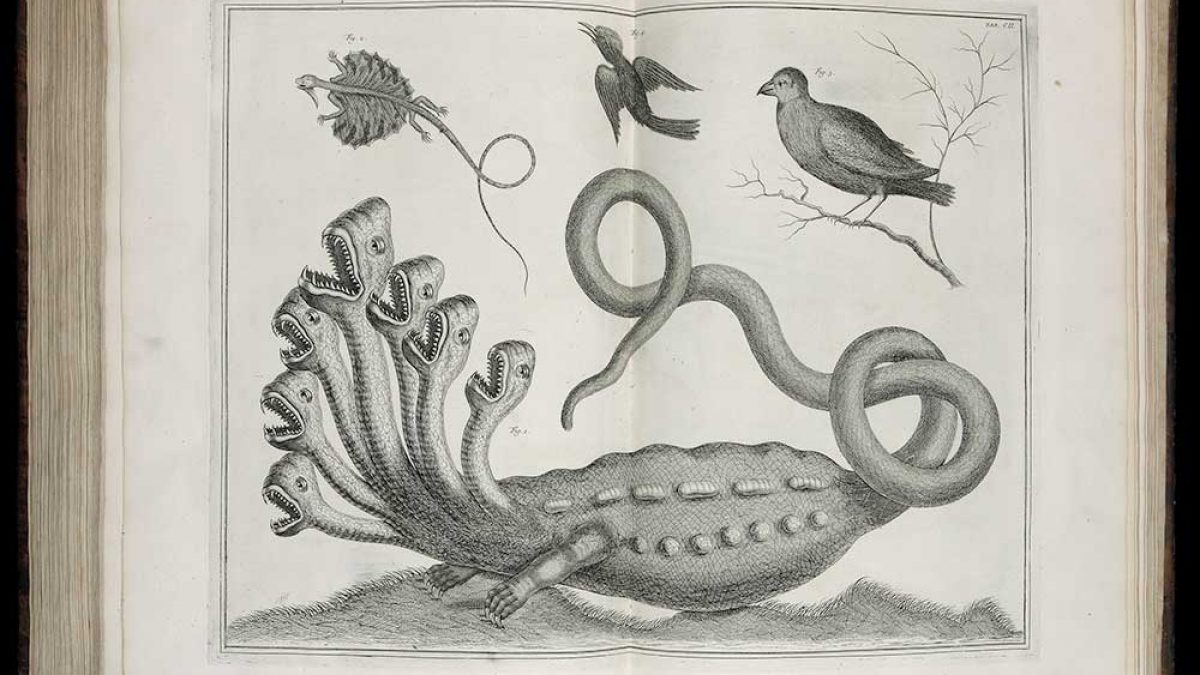
Rare book collection worth $6.2 million donated to the University Libraries
From the Fearrington Collection: Albertus Seba,Locupletissimi rerum naturalium thesauri accurata descriptio(Amsterdam: Wetsten, Smith and Jannson-Waesberg, 1734)
Distinguished alumna Florence Fearrington donates rare book collection worth $6.2 million to the University Libraries.

Florence Fearrington in the Florence Fearrington Reading Room at UNC-Chapel Hill’s Wilson Library. Photo Credit: UNC Library/Mark B. Perry, Jr.
Florence Fearrington ’58, one of the preeminent female rare book collectors of our time and a longtime supporter of UNC-Chapel Hill, has donated nearly 4,000 books and objects valued at $6.2 million to the University of North Carolina at Chapel Hill University Libraries, where they will become part of the Wilson Special Collections Library.
“Florence Fearrington’s legacy of generosity and commitment to Carolina has been instrumental to our University Libraries,” said Chancellor Kevin Guskiewicz. “This collection of rare books, with the love and dedication that went into its curation, will enhance our special collections and will draw future generations of students, researchers and experts from around the world. We are grateful that Florence has trusted Carolina as a home for her invaluable collection.”
The collection includes 1,900 rare books, most on the subject of natural history, including beautifully illustrated books on malacology — the study of shells and mollusks — and books, catalogs and prints on Wunderkammers, or “cabinets of curiosity.” The collection also includes a number of pre-1915 children’s books, 13 color-plate costume books and thousands of reference books that complement the subject matter of the rare books.
“Florence has established a meaningful legacy based on her passion for our natural world, the book arts and Carolina’s Libraries,” said Elaine L. Westbrooks, vice provost for University Libraries and University Librarian. “I firmly believe that an education at Carolina is qualitatively different thanks to the amazing collections that we build here and the inspiring generosity of donors like Florence Fearrington, who make that work possible.”
All of these books will soon be available to patrons — students, faculty, researchers and the general public. Once catalogued, the collection will also be available online.
In addition, Wilson Library is planning an exhibition of the malacology books in spring 2021 — but this won’t be the first time Carolina will see books and ephemera from this intriguing collection. In 2012, Fearrington curated an exhibition, Rooms of Wonder: From Wunderkammer to Museum, 1599–1899, mostly drawn from her collection of books about Wunderkammers, at The Grolier Club in New York City. A version of this exhibition was displayed at Wilson Library in 2014.
From the Fearrington Collection: Ole Worm (Leiden: Elsevir, 1655)
Fearrington’s previous contributions to Carolina include gifts to University Libraries’ Rare Book Collection, and she established the Joseph Peyton Fearrington and James Cornelius Pass Fearrington Fund at the Health Sciences Library.
In 2016, she gave $5 million in support of the Louis Round Wilson Special Collections Library, earmarking $1 million to help update the grand reading room and adjacent exhibition areas in Wilson Library. The remaining $4 million created the Fearrington Special Collections Library Fund. The University Librarian and the director of the Louis Round Wilson Library may use income from this endowment to meet emerging needs and pursue opportunities that benefit Carolina students and enhance the work of researchers. In recognition of this substantial gift, the grand reading room in Wilson Library was renamed the Fearrington Reading Room.
Fearrington grew up in Winston-Salem, North Carolina, and received a degree in mathematics from UNC-Chapel Hill in 1958. Unable to attend business school at Carolina because the program did not yet admit women, she earned a certificate from the Harvard-Radcliffe Program in Business in 1961. She moved to New York City, where she made her name in the male-dominated world of finance, establishing Florence Fearrington Inc., a highly successful money management firm. She sold the firm to U.S. Trust in 1997 — around the time she started seriously collecting rare books.
Fearrington was honored as a distinguished alumna at University Day in 2016 for her pioneering career in finance and achievements as a collector of rare books. She currently lives in New Orleans, Louisiana. Her most recent gift counts toward the University’s most ambitious fundraising campaign in history, For All Kind: the Campaign for Carolina, launched in October 2017. As of June 2020, the University has raised more than two-thirds of its goal to reach $4.25 billion by December of 2022.
